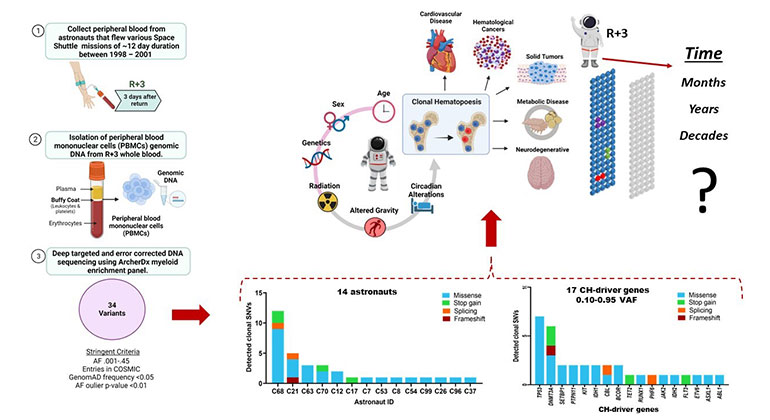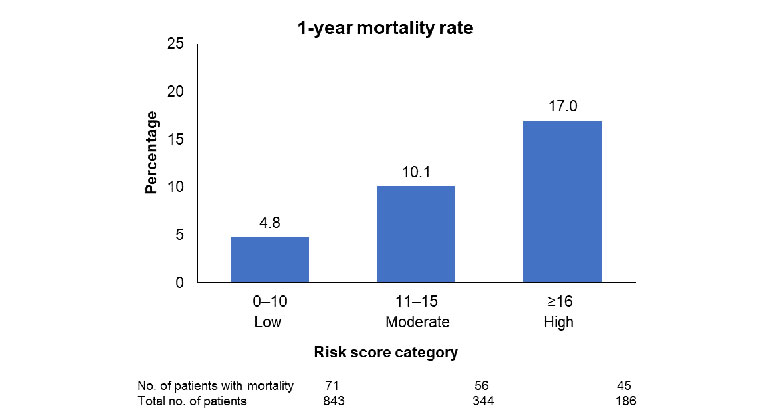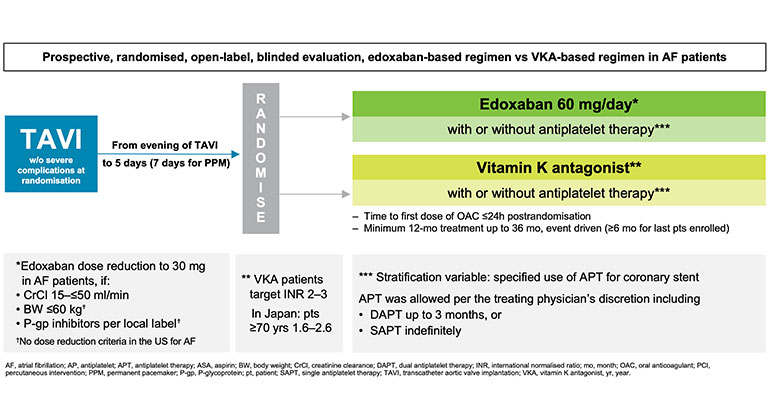Mount Sinai Uses Catheter-Based Approach To Control Hypertension
Patients with uncontrolled blood pressure who are on medication can enroll in clinical trial.
Physicians at The Mount Sinai Medical Center in New York are performing a catheter-based approach to controlling hypertension that is minimally invasive and may reduce the number of blood pressure medications needed by many patients. The procedure is being used as part of a clinical study in patients with uncontrolled drug-resistant high blood pressure who are on a stable regimen of blood pressure medications.
The procedure is known as Renal Sympathetic Denervation (RSD), and it has the potential to become an important adjunctive treatment for hypertension in patients seeking a long-term solution for their condition, particularly in patients whose high blood pressure cannot be adequately controlled with medications.
During Renal Sympathetic Denervation, a catheter probe is inserted through a blood vessel in the leg and then guided into the renal artery, which is the main blood vessel that supplies blood to the kidney. Brief pulses of radiofrequency energy are then applied by the catheter to modify overactive nerves that are known to contribute to elevated blood pressure. Radiofrequency energy is the same type of energy used to perform routine heart ablation procedures in patients with abnormal heart rhythms, such as atrial fibrillation.
In previous studies, RSD was considered a safe procedure that can result in significant reductions in blood pressure. On average, the procedure takes approximately 30 minutes, and patients are able to return home several hours later.
High blood pressure significantly increases the risk for stroke, coronary artery disease, chronic kidney disease and heart failure. At least 50 million Americans have hypertension requiring some form of treatment. However, despite medications and life style changes up to a third of all patients with hypertension do not have adequate blood pressure control.
"Hypertension is the leading attributable risk factor for death around the world," said Vivek Y. Reddy, MD, Professor of Cardiology and Director of the Cardiac Arrhythmia Service at Mount Sinai Heart. Dr. Reddy is the principal investigator of the clinical study.
"A minimally invasive procedure that targets overactive renal nerves can offer a long-term solution in those patients for whom blood pressure medications are not effective," Dr. Reddy said. "In the future, the number of people who could potentially benefit from this is quite substantial, perhaps as many as 20 million individuals just in the U.S. who are now currently on medication."
Up to 500 patients aged 18-85 will be enrolled in the RSDN study (called SAVE) going on now at Mount Sinai School of Medicine. Each patient will be closely followed for four years following their RSDN procedure to assess the long-term effectiveness and safety of the procedure. Patients must be willing to adhere to study requirements and comply with post-procedural follow-up requirements. All patients who enroll in the study and are medically suitable for RSDN will receive the treatment.
(Patients wishing to enroll in the study can contact either Anaya Abdullah [212-241-4313 or anaya.abdullah@mountsinai.org] or Betsy Ellsworth [212-241-8575 or betsy.ellsworth@mountsinai.org].)
About The Mount Sinai Medical Center
The Mount Sinai Medical Center encompasses both The Mount Sinai Hospital and Mount Sinai School of Medicine. Established in 1968, Mount Sinai School of Medicine is one of the leading medical schools in the United States. The Medical School is noted for innovation in education, biomedical research, clinical care delivery, and local and global community service. It has more than 3,400 faculty in 32 departments and 14 research institutes, and ranks among the top 20 medical schools both in National Institutes of Health (NIH) funding and by U.S. News & World Report.
The Mount Sinai Hospital, founded in 1852, is a 1,171-bed tertiary- and quaternary-care teaching facility and one of the nation’s oldest, largest and most-respected voluntary hospitals. In 2011, U.S. News & World Report ranked The Mount Sinai Hospital 16th on its elite Honor Roll of the nation’s top hospitals based on reputation, safety, and other patient-care factors. Of the top 20 hospitals in the United States, Mount Sinai is one of 12 integrated academic medical centers whose medical school ranks among the top 20 in NIH funding and U.S. News & World Report and whose hospital is on the U.S. News & World Report Honor Roll. Nearly 60,000 people were treated at Mount Sinai as inpatients last year, and approximately 560,000 outpatient visits took place.
For more information, visit http://www.mountsinai.org/.
Find Mount Sinai on:
Facebook: http://www.facebook.com/mountsinainyc
Twitter @mountsinainyc
YouTube: http://www.youtube.com/mountsinainy
About the Mount Sinai Health System
Mount Sinai Health System is one of the largest academic medical systems in the New York metro area, with 48,000 employees working across seven hospitals, more than 400 outpatient practices, more than 600 research and clinical labs, a school of nursing, and a leading school of medicine and graduate education. Mount Sinai advances health for all people, everywhere, by taking on the most complex health care challenges of our time—discovering and applying new scientific learning and knowledge; developing safer, more effective treatments; educating the next generation of medical leaders and innovators; and supporting local communities by delivering high-quality care to all who need it.
Through the integration of its hospitals, labs, and schools, Mount Sinai offers comprehensive health care solutions from birth through geriatrics, leveraging innovative approaches such as artificial intelligence and informatics while keeping patients’ medical and emotional needs at the center of all treatment. The Health System includes approximately 9,000 primary and specialty care physicians and 10 free-standing joint-venture centers throughout the five boroughs of New York City, Westchester, Long Island, and Florida. Hospitals within the System are consistently ranked by Newsweek’s® “The World’s Best Smart Hospitals, Best in State Hospitals, World Best Hospitals and Best Specialty Hospitals” and by U.S. News & World Report's® “Best Hospitals” and “Best Children’s Hospitals.” The Mount Sinai Hospital is on the U.S. News & World Report® “Best Hospitals” Honor Roll for 2025-2026.
For more information, visit https://www.mountsinai.org or find Mount Sinai on Facebook, Instagram, LinkedIn, X, and YouTube.
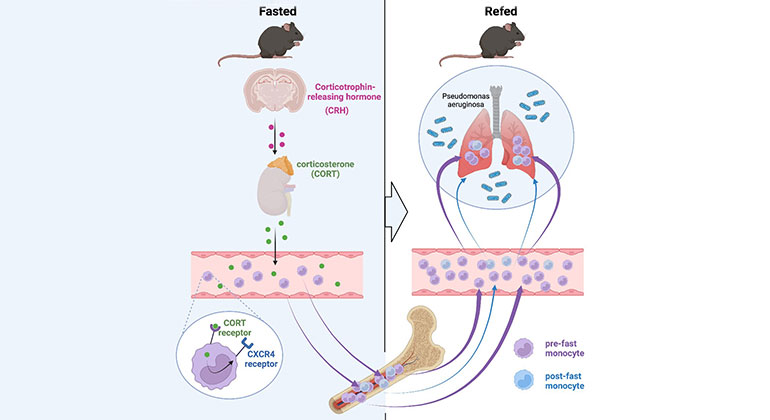
Skipping Breakfast May Compromise the Immune System
Feb 23, 2023 View All Press Releases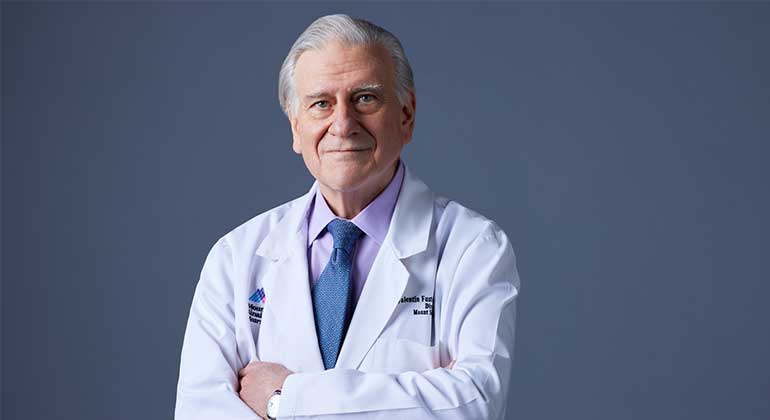
Valentin Fuster, MD, PhD, Named President of Mount Sinai Heart
Oct 18, 2022 View All Press Releases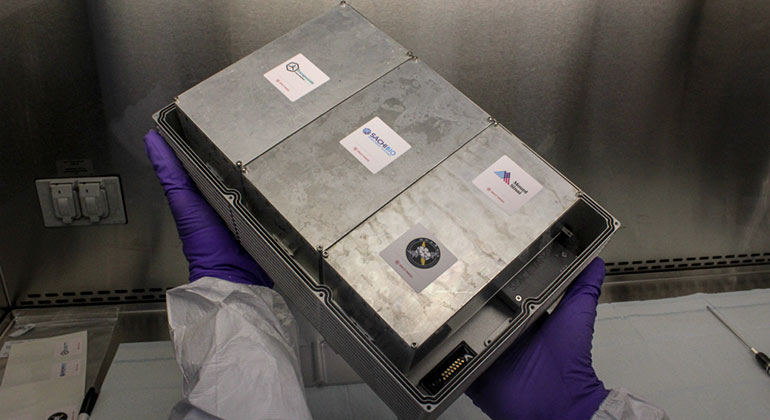
.jpg)
